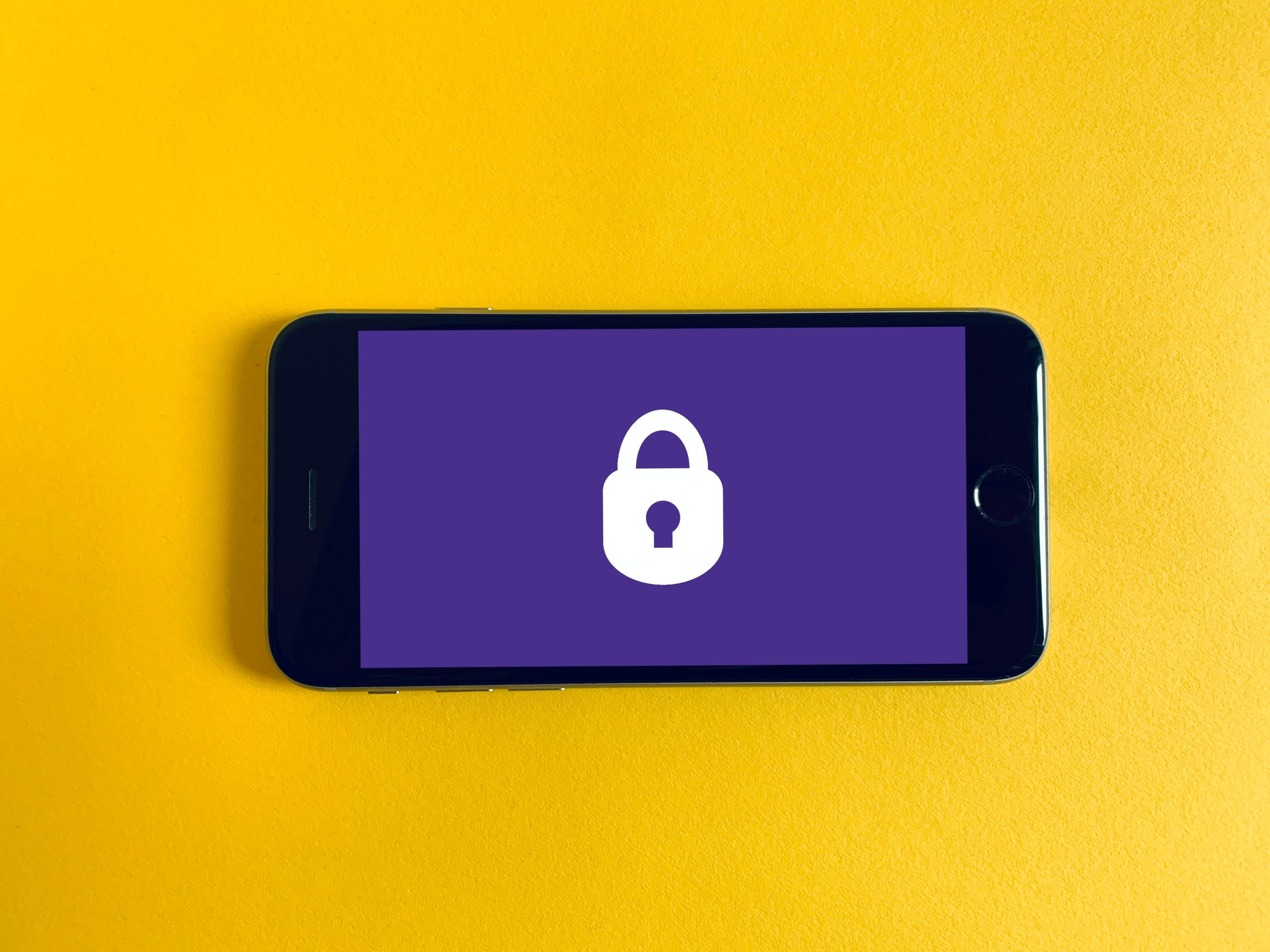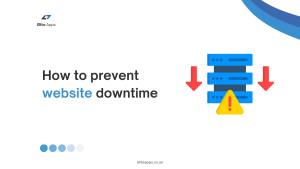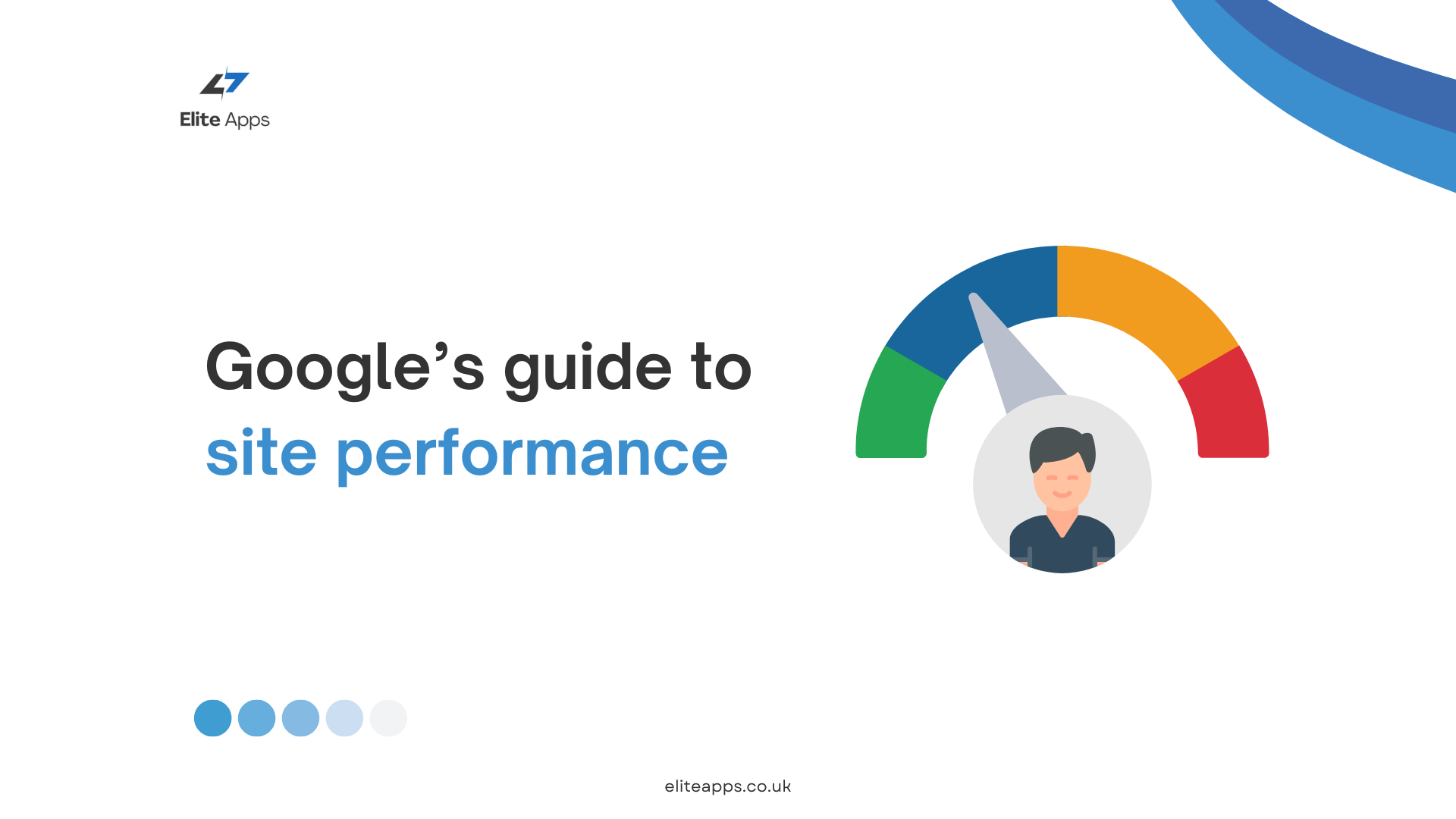Mobile App Security: How to Keep Your App and Users Safe
Mobile apps have become an integral part of our lives, from social networking to e-commerce, banking to entertainment. However, with the increasing usage of mobile apps, there has been a significant rise in security concerns. Hackers and cybercriminals are always looking for vulnerabilities in mobile apps to steal user data or gain unauthorized access to a device. In this blog, we’ll discuss the importance of mobile app security and provide some tips to keep your app and users safe.
Importance of Mobile App Security
Mobile app security is crucial for several reasons:
- Protect User Data: Mobile apps often require users to share sensitive information such as personal details, financial information, and location data. If a mobile app is not secure, it can result in the theft of user data, leading to identity theft, financial loss, and reputational damage.
- Maintain User Trust: Users expect their data to be secure when using mobile apps. A security breach can lead to a loss of trust, and users may stop using the app altogether. This can be detrimental to the app’s reputation and business.
- Compliance: Mobile apps must comply with various data protection regulations such as the General Data Protection Regulation (GDPR) and the California Consumer Privacy Act (CCPA). Failure to comply with these regulations can result in significant fines and legal action.
Tips for Mobile App Security
- Secure Code: The first step in ensuring mobile app security is to write secure code. Developers must follow best practices such as input validation, encryption, and authentication to prevent security vulnerabilities in the code.
- Use Secure Data Storage: Sensitive user data must be stored securely, such as in an encrypted format or using a secure data storage service. Developers must also ensure that the data is not accessible by unauthorized parties.
- Implement Authentication and Authorization: Authentication and authorization mechanisms must be implemented to ensure that only authorized users can access the app and its data.
- Regular Updates: Mobile apps must be regularly updated to fix security vulnerabilities and bugs. Developers must also monitor for any potential security breaches and address them promptly.
- Test for Security: Security testing must be conducted throughout the mobile app development lifecycle to identify and address any security vulnerabilities.
- Implement Appropriate Security Controls: Developers must implement appropriate security controls such as firewalls, intrusion detection and prevention systems, and malware protection to ensure the app’s security.
- Educate Users: Users must be educated on how to use the app safely and securely. Developers must provide clear instructions on how to set up secure passwords, use two-factor authentication, and avoid clicking on suspicious links or downloading apps from untrusted sources.
Conclusion
Mobile app security is essential for the protection of user data, maintenance of user trust, and compliance with data protection regulations. By following the tips mentioned in this blog, developers can ensure that their mobile apps are secure and safe for users.








